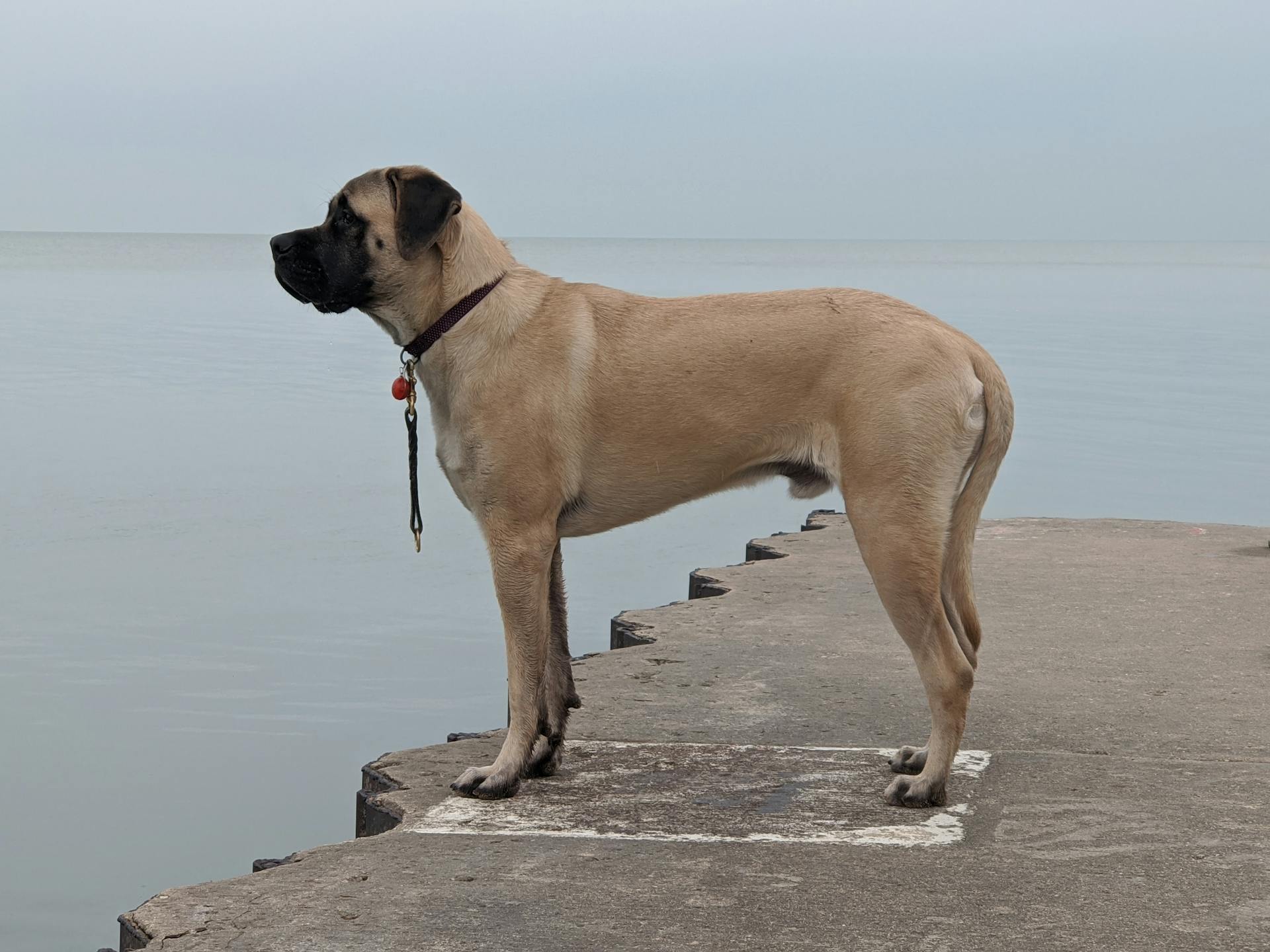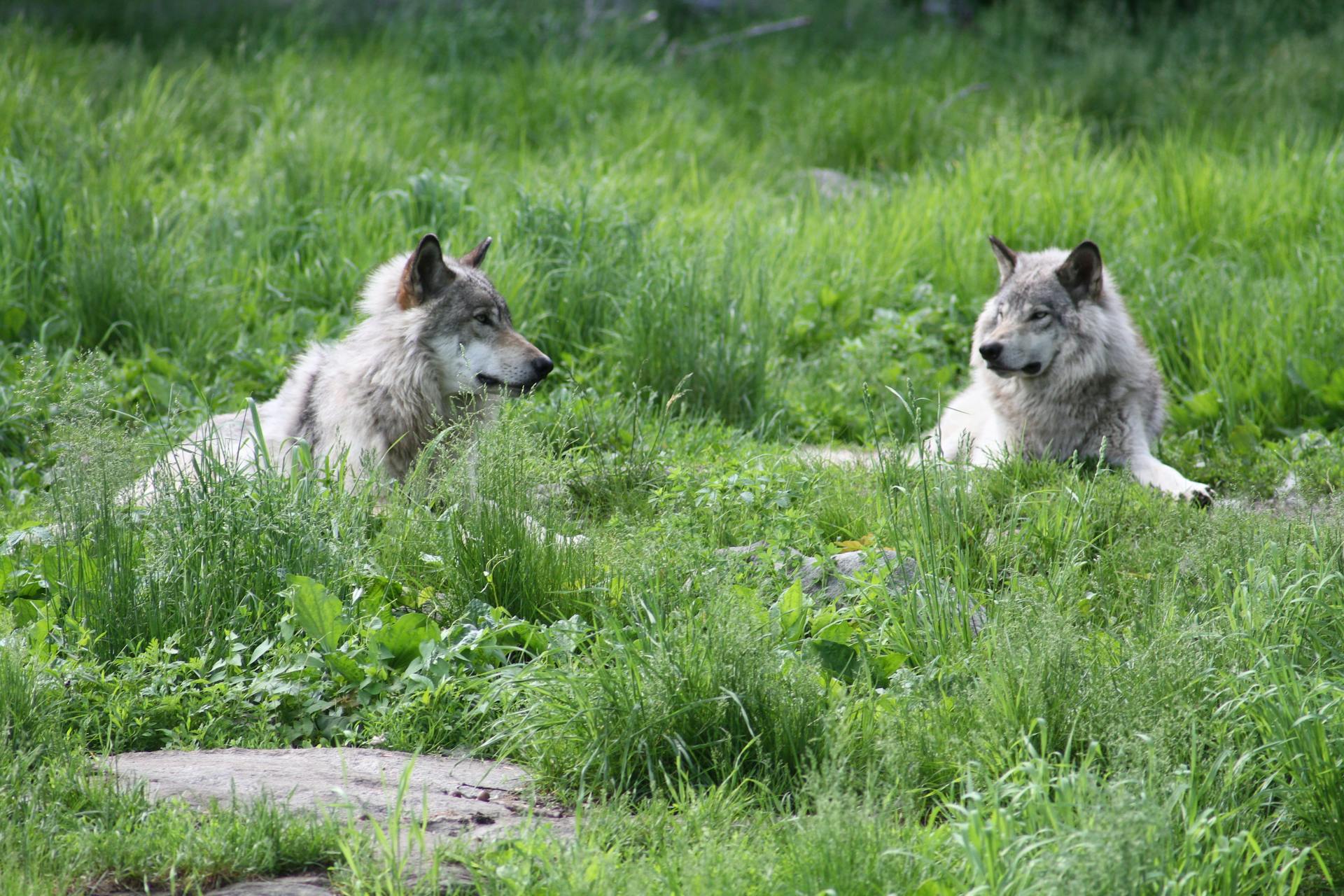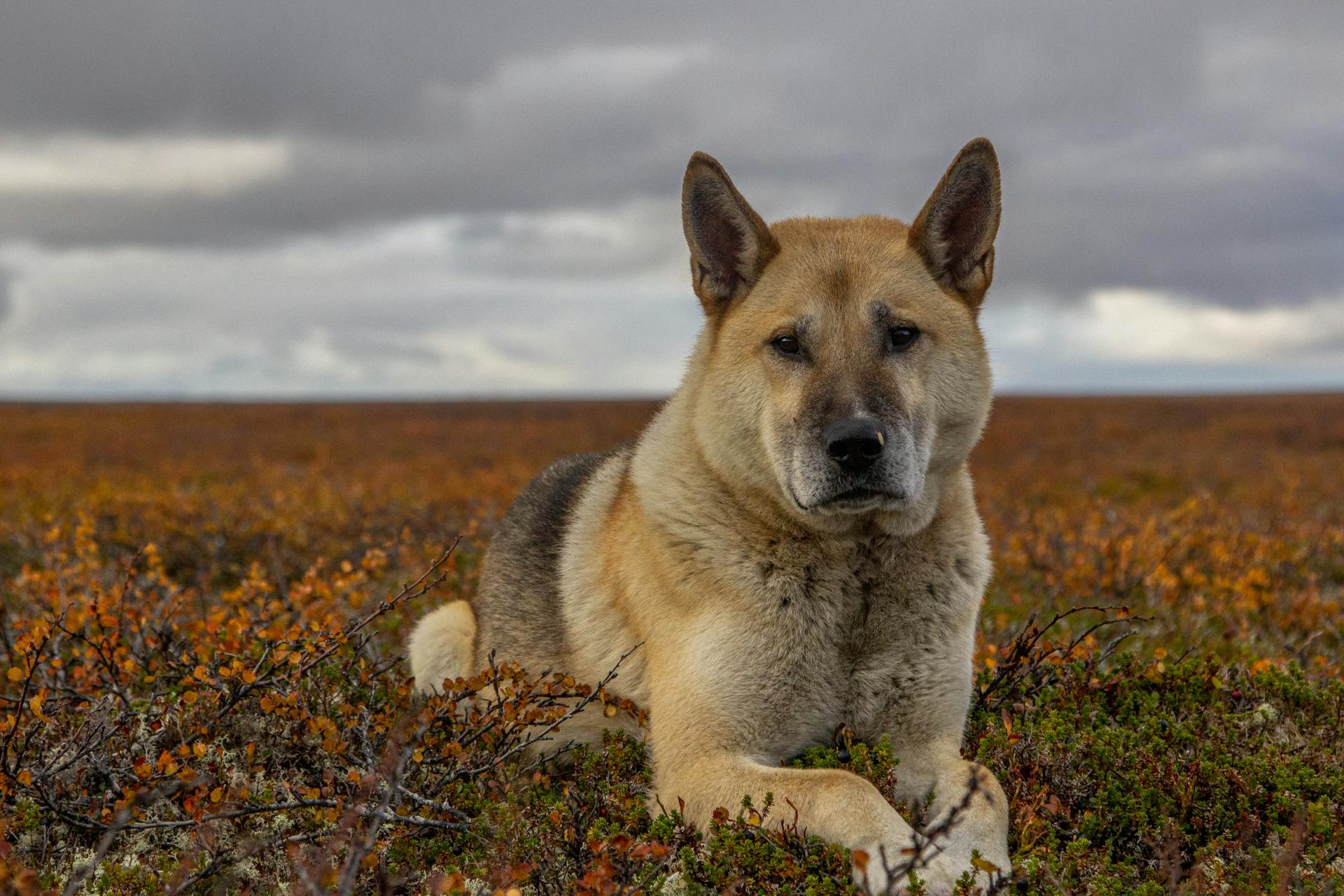
Dogs eating mulch can be a serious issue, and it's essential to know the symptoms to catch the problem early.
If your dog has ingested mulch, they may show signs of gastrointestinal upset, such as vomiting or diarrhea.
Mulch can cause gastrointestinal blockages, which can lead to severe abdominal pain and vomiting.
Symptoms can appear within hours of ingestion, so it's crucial to monitor your dog closely.
A gastrointestinal blockage can cause your dog to show signs of lethargy, loss of appetite, and abdominal pain.
If left untreated, a blockage can lead to life-threatening complications, such as peritonitis or sepsis.
The risk of gastrointestinal blockage is higher if your dog has eaten a large amount of mulch or has a history of eating non-food items.
Explore further: Dogs Eating Grapes Symptoms
Symptoms and Effects
Symptoms of mulch poisoning in dogs can vary, but some common issues include gastrointestinal irritation and obstruction.
Ingesting large amounts of certain types of mulch, such as untreated wood chips, leaves, and pine needles, can cause these problems.
If your dog has eaten mulch, be on the lookout for signs of gastrointestinal irritation, which can include vomiting, diarrhea, and abdominal pain.
Symptoms
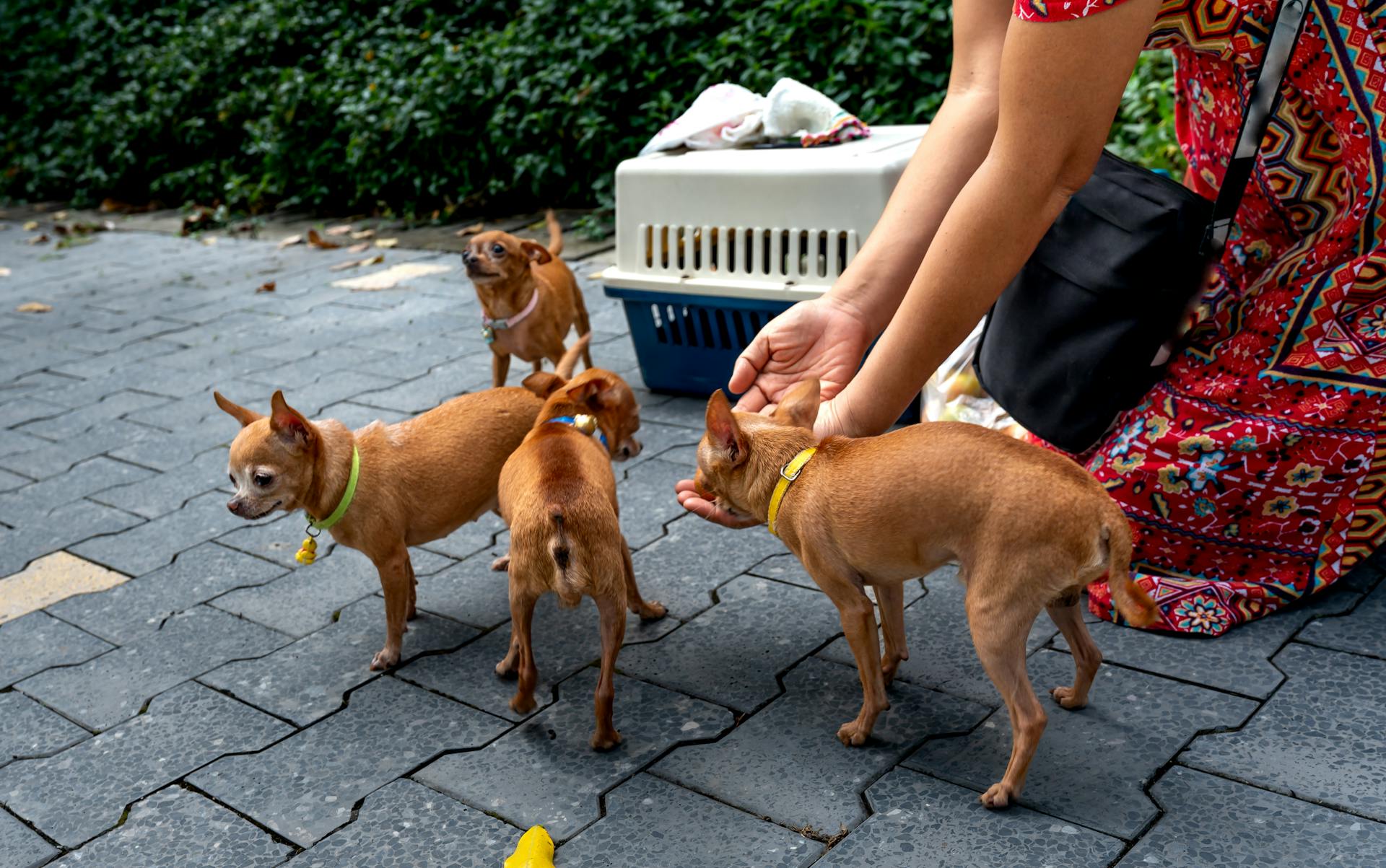
Symptoms of mulch poisoning in dogs can be quite varied.
Some symptoms may include gastrointestinal irritation, which can cause vomiting, diarrhea, and abdominal pain.
In severe cases, ingestion of certain types of mulch can lead to obstruction, blocking the digestive tract and potentially causing life-threatening complications.
Cedar mulch, while considered a safer alternative, can still pose a risk of mold or obstruction if ingested in large amounts.
Garden mulch made from untreated wood chips, leaves, and pine needles may also cause problems if your pet ingests too much of it, due to the risk of gastrointestinal irritation or obstruction.
Is Toxic?
Some types of mulch can be toxic to dogs. Cocoa bean mulch, in particular, is known to be poisonous to canines.
Mulch made from cocoa shells is particularly toxic to dogs, so it's best to avoid it altogether. Homeowners with dogs should seek a less toxic alternative.
While not necessarily toxic, other types of mulch can still be hazardous to dogs.
Causes and Prevention
Causes of mulch poisoning in dogs can be attributed to the presence of caffeine and theobromine in cocoa mulch, which are rapidly metabolized and affect the central nervous system. Symptoms of toxicity can appear within 6 to 12 hours of ingestion, ranging from mild to life-threatening depending on the quantity consumed.
Cocoa mulch contains methylxanthines, which can be lethal in large doses, with 100 mg/kg being a potentially fatal amount. In contrast, smaller doses of 20 mg/kg may only produce mild signs of toxicity.
To minimize the risk of mulch poisoning, it's essential to be aware of the potential dangers. Here's a quick reference guide to the types of mulch and their potential risks:
Causes
Cocoa mulch contains caffeine and theobromine, which can be toxic to dogs if ingested.
These methylxanthines are rapidly metabolized in the body, affecting the central nervous system.
Symptoms of cocoa mulch poisoning can vary depending on the quantity ingested, with 20 mg/kg producing mild signs of toxicity and 100 mg/kg potentially being lethal.
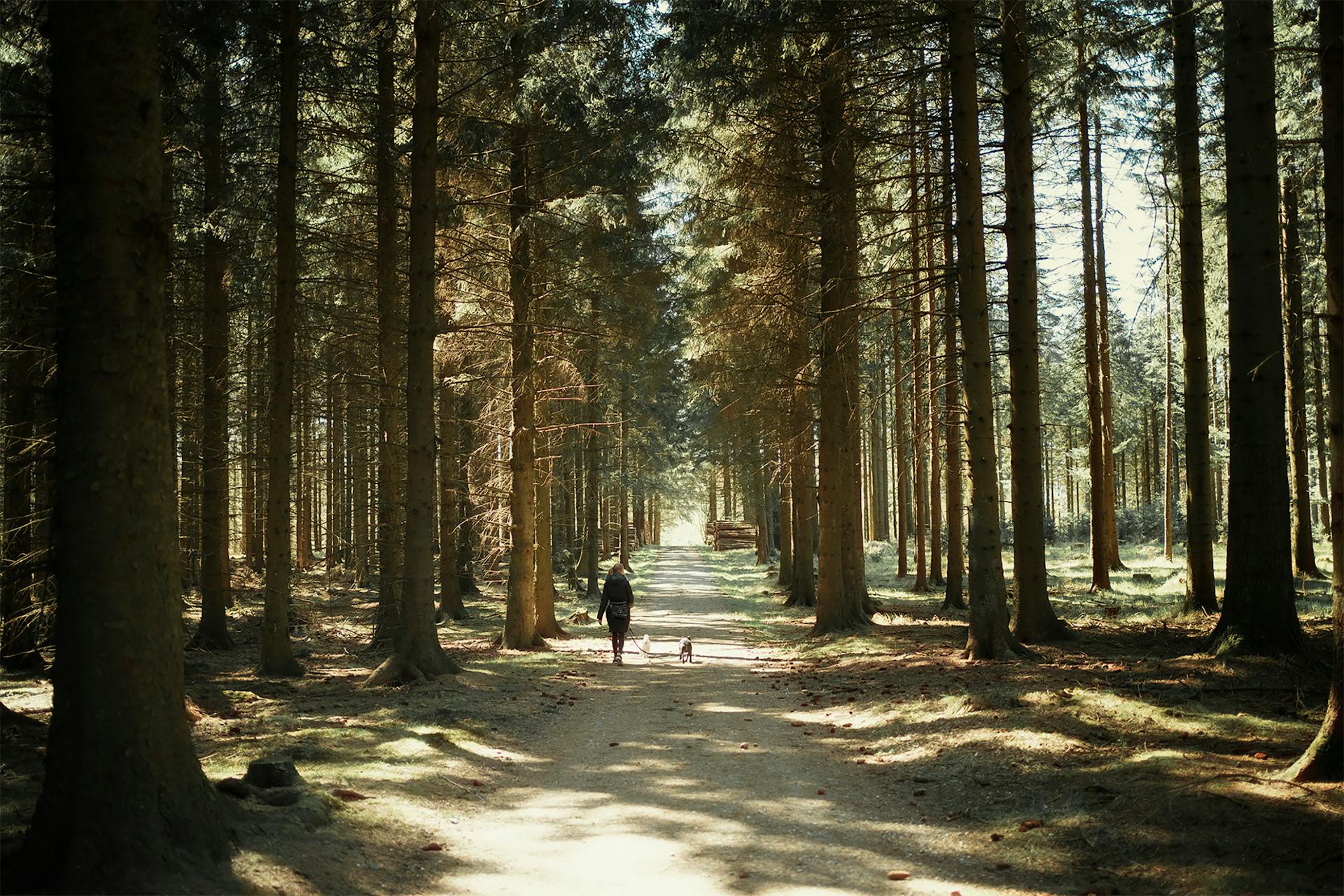
Cedar mulch, on the other hand, is known for repelling insects, but it may also cause allergic reactions or obstruction in some cases.
All types of mulch may contain mold, which can be a concern for pet owners.
Here's a rough estimate of the toxicity levels of cocoa mulch in dogs:
Why Eat?
Dogs eat mulch due to boredom or curiosity.
Young puppies, being chewers by nature, will often chew on wood for these reasons.
Nutrient deficiencies can also lead to wood chewing in dogs, although this is less common.
Keeping your dog contained in a mulch-free area of the yard can help prevent mulch eating.
Be mindful of public areas with mulch when taking your dog out for a walk.
A unique perspective: Dogs Eating Wood
Application Issues
Application Issues can be a real challenge, especially if you have pets. Certain types of mulch can be toxic to your furry friends, so it's crucial to get a professional opinion from your veterinarian before proceeding.

Some mulches are more hazardous than others, and it's essential to be aware of these risks. Mulch can also be a choking hazard for small pets, so it's vital to keep a close eye on them around the yard.
If you do decide to use mulch, make sure to choose a pet-friendly type, such as cedar or cypress. These options are generally safer for your pets to be around.
Fertilizer
Overfertilization can lead to an imbalance of essential nutrients in the soil, causing more harm than good.
Nitrogen-rich fertilizers, such as ammonium nitrate, can cause soil pH to rise, making it harder for plants to absorb other nutrients.
Excessive fertilization can also contribute to water pollution, contaminating nearby water sources.
Organic fertilizers like compost and manure are a more sustainable option, releasing nutrients slowly and improving soil structure.
Using the right amount of fertilizer, based on soil test results, can help prevent overfertilization and promote healthy plant growth.
Types of
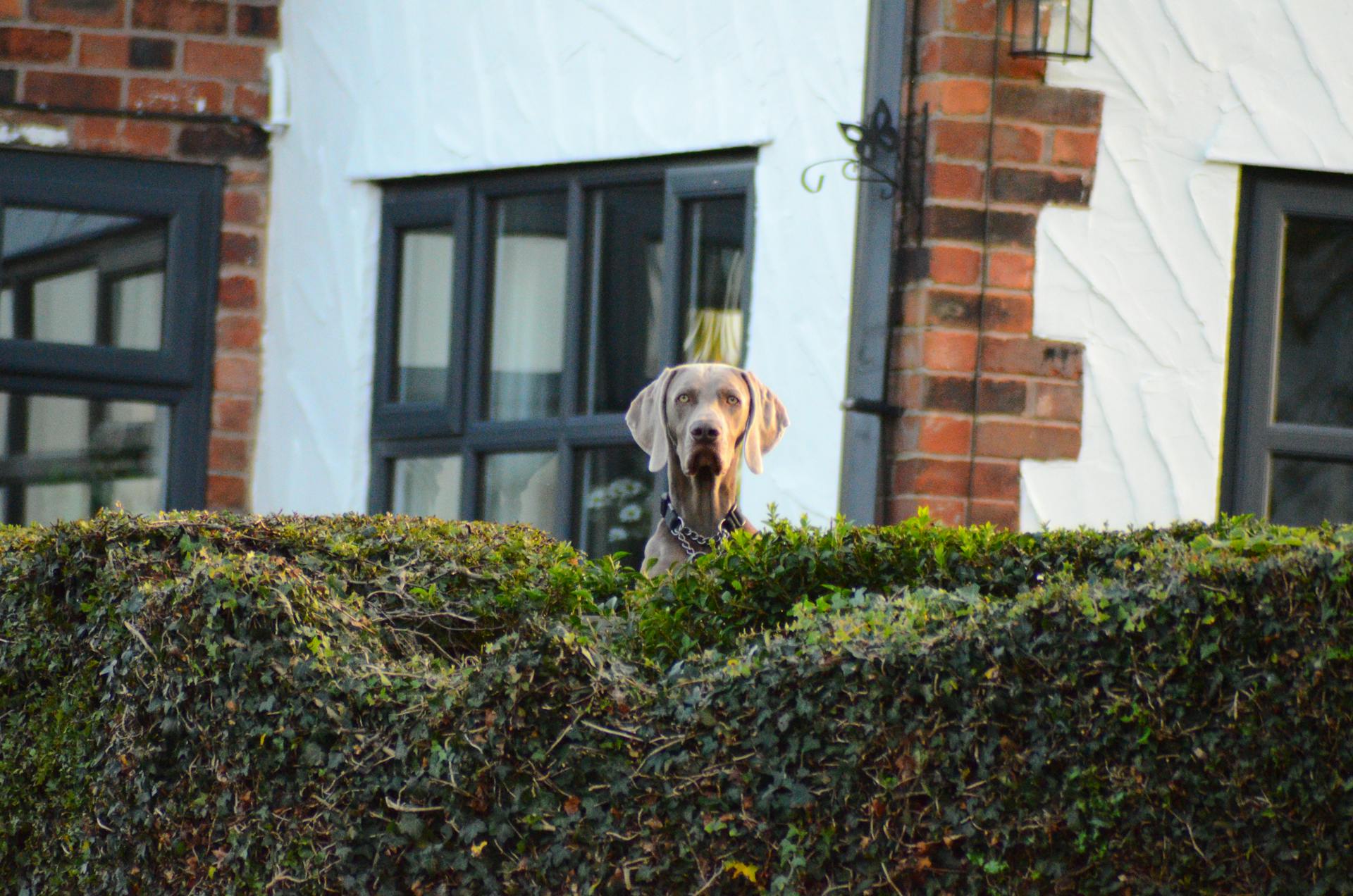
Pine, cedar, and hemlock mulches are good alternatives to cocoa bean mulch if you have pets. However, keep in mind that dogs can choke on mulch and must still be supervised.
Dogs can choke on mulch, especially pine needle mulch, which can puncture the stomach lining if ingested.
Some dogs and cats may exhibit symptoms of allergic reaction to certain types of mulch, such as rash, pus-filled bumps, excessive itching, and irritability.
If you suspect that your pet has had an allergic reaction to mulch, it's imperative that you seek medical attention immediately.
Diagnosis and Treatment
Diagnosis of mulch poisoning in dogs is crucial, so don't wait for symptoms to appear. If you suspect your pet has eaten mulch, call your veterinarian for an appointment right away.
Any information you can provide will be important, such as recent illnesses, toileting habits, appetite, and activity level. This will help your veterinarian determine the best course of action.
Blood tests will be used to verify the function of organs like the kidney, liver, and pancreas, and to provide baseline markers for electrolytes and enzymes levels. This will be monitored throughout treatment.
If your pet is displaying clinical signs, imaging tools like x-rays and ultrasound may be recommended to check for an intestinal blockage.
Treatment will focus on stabilizing your dog, and medication may be given to control seizures. Gastric lavage will be done to eliminate the toxins, and activated charcoal will be given to bind the remaining toxins together.
Intravenous therapy will provide additional fluids to help your dog's body process and flush the toxins. Fluid therapy will also be used to balance electrolytes.
Related reading: Treatment for Dogs Eating Rocks
Treatment
Recovery from mulch poisoning in dogs is possible with prompt and aggressive veterinary treatment. Most canines will fully recover from ingesting mulch, but the rate of recovery depends on the amount ingested, the dog's current health, and the time between ingestion and treatment.
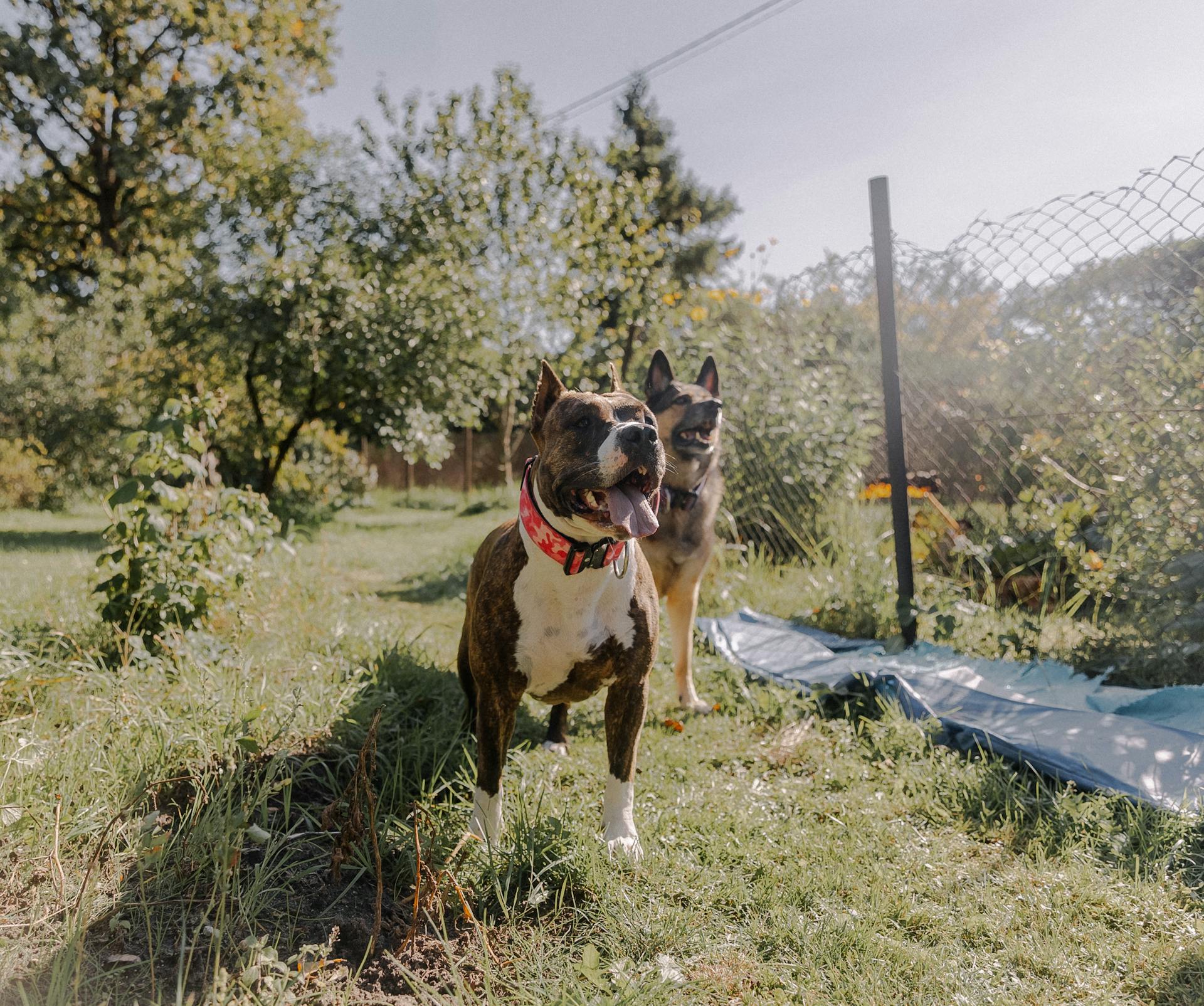
Your veterinarian will want to see your pet within a week or two for a follow-up appointment to monitor their progress. Removing the mulch from your garden area is a good idea to prevent future incidents.
If your dog is having seizures, medication will be given to bring them under control. Gastric lavage will be done instead of inducing emesis if your pet is seizing.
Vomiting is most effective if it occurs within the first couple of hours post ingestion, and activated charcoal will be given to bind the remaining toxins together. Intravenous therapy will provide additional fluids to assist the body in processing and flushing out the toxins.
Fluid therapy is also beneficial for balancing electrolytes, which is especially important in cases of mold poisoning. Death is not uncommon in cases of mold poisoning, making prompt and aggressive treatment crucial.
Diagnosis
If you suspect your pet has eaten cocoa mulch or has been grazing on other types of mulch, call your veterinarian right away.
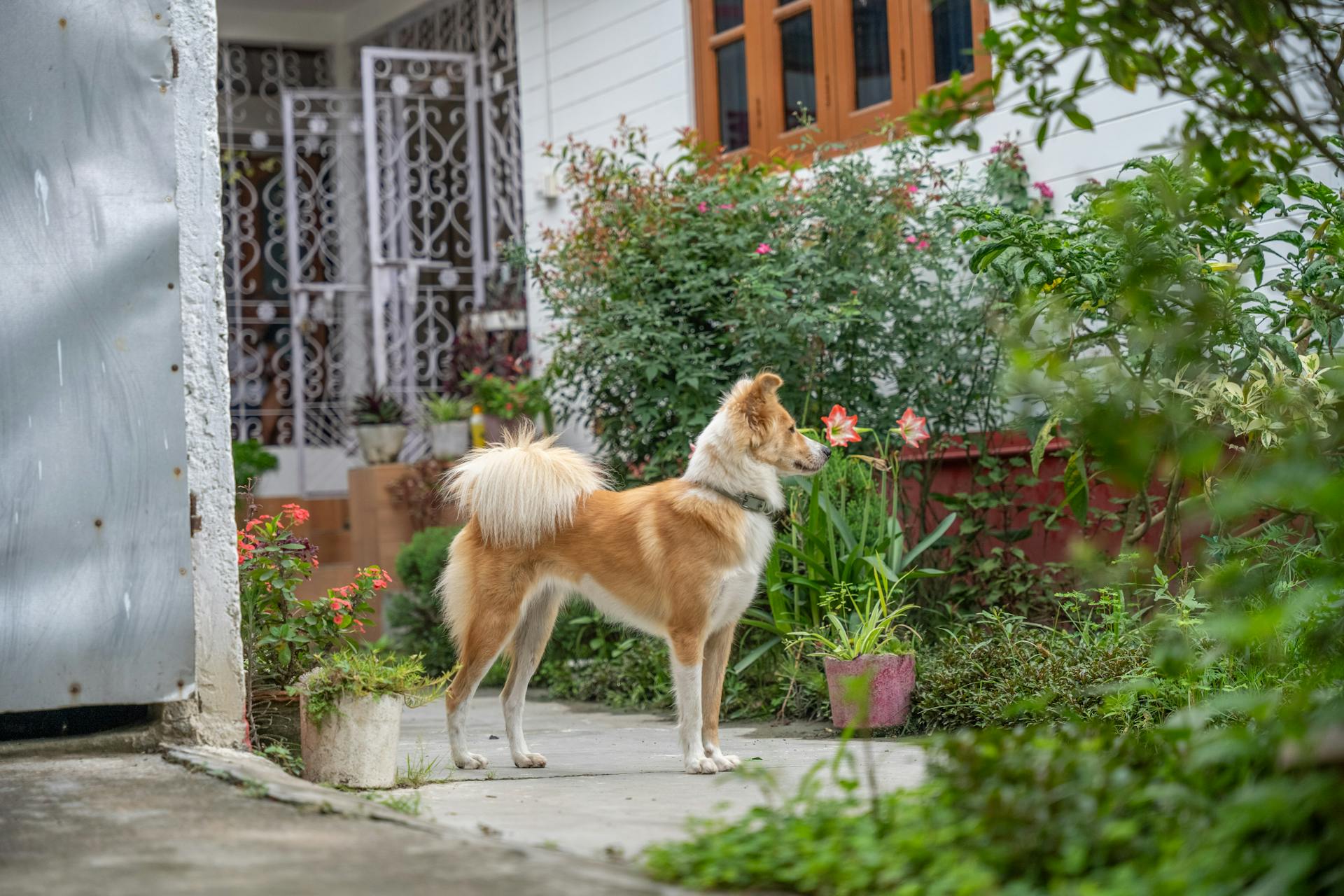
Testing will depend on the symptoms your pet is showing when they arrive at the clinic.
All risks associated with mulch toxicity can become serious, so don't wait for symptoms to appear.
Standard tests will include blood tests to verify the function of organs like the kidney, liver, and pancreas.
Blood tests can also reveal underlying disease processes that could complicate the poisoning.
If your pet's physical examination reveals a tender abdomen, imaging tools like x-rays and ultrasound may be recommended.
Product packaging can be very helpful if available, so try to bring a sample of the mulch to the veterinarian clinic.
Frequently Asked Questions
Which mulch is toxic to dogs?
Cocoa mulch contains theobromine, a toxic substance that can be hazardous to dogs. Keep it out of reach to prevent accidental ingestion
What to do if a dog eats wood chips?
If your dog eats wood chips, monitor for digestive issues and seek veterinary attention if symptoms persist or worsen within 2-3 days
Sources
- https://wagwalking.com/condition/mulch-poisoning
- https://www.pethealthnetwork.com/dog-health/dog-toxins-poisons/fertilizer-and-mulch-dangers-dogs
- https://riverroadveterinary.com/cocoa-mulch-toxicity-in-dogs/
- https://www.snopes.com/fact-check/cocoa-mulch/
- https://www.gardeningknowhow.com/garden-how-to/mulch/keeping-mulch-safe-for-pets.htm
Featured Images: pexels.com
